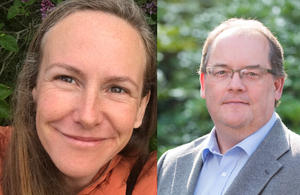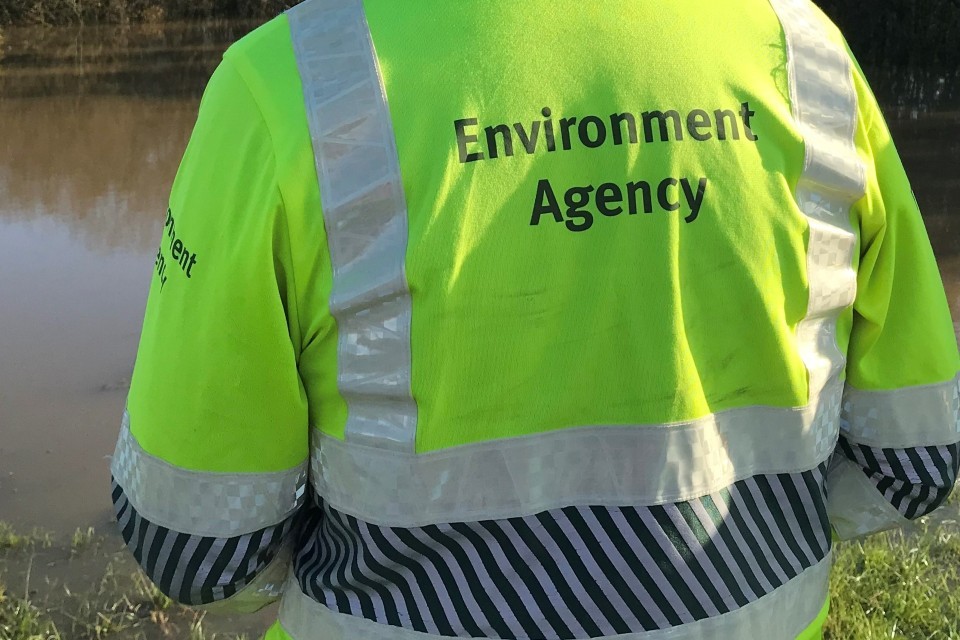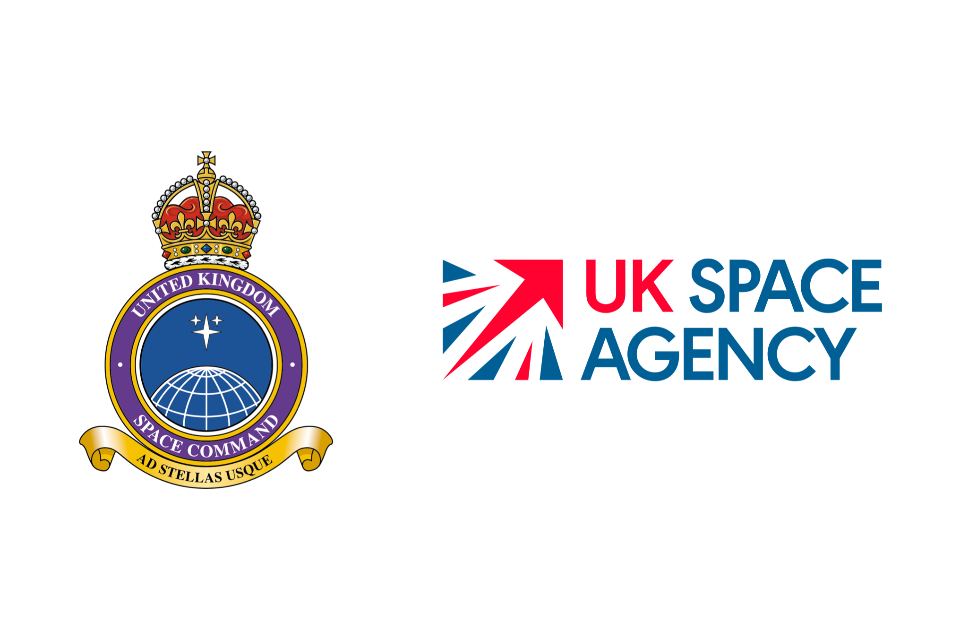The coach
Helen Ogilvy (pictured below) is Government Skills’ head of coaching and offers to coach people herself via the Internal Coaching Service. She said
“I’d say it’s about going from good to great.
“ We can help people who are perhaps struggling in their job perform better, but the vast majority of people are already performing well in their jobs but want to be even better. So, unless you think you are performing at your best, coaching can help.”
“It’s important to me to help people to be more effective and more satisfied at work and achieve their full potential. Coaching can help do this.
“Personally, it is satisfying to help people and incredibly rewarding when the person you’re coaching is successful.
Overcoming challenges
“Ultimately, people can achieve the things that they want to achieve, whether that be more positive working relationships with colleagues or overcoming challenges.
“A coach won’t necessarily be more experienced than the person they are coaching, and they might be a lower grade, but they have skills and ask questions which will get you to think about things in a new way and enable you to find the answers yourself.
“Between coaching sessions, people will leave with actionable tasks—for example, exercises to complete, research to undertake, or a new approach to try.
Encouragement and support
“The length and number of sessions will vary because coaching is tailored to each client’s individual needs.We will agree together what they want to be different, what they want to have changed. We will have a goal of overarching things they want to achieve and over the course of the sessions we will break that into manageable sized chunks .
“It can be challenging – , otherwise you would sort these issues out by yourself. But you will receive encouragement and support from your coach on that journey. You won’t be alone.
“Coaching can also be a really effective way to embed what you have learned on a training programme. If you are struggling to implement your learning back at work, find a coach to support you. They will help you identify what’s getting in your way and how to overcome it.”
The coachee
Jim Squire (pictured below) is a consulting fellow in the Exploration Division of the Ministry of Defence. After being coached by Helen, he said
“I entered into a coaching relationship for the first time with some scepticism as someone who, I came to realise, had been overly self-reliant for much of my career. Helen quickly put me more at ease with clear advice on how in control of boundaries I was, whilst encouraging me to be as open as I was comfortable being in order to get the best out of our sessions. She made me realise it’s ok to ask for support and not a sign of weakness.

“Helen’s guidance and encouragement helped me to disassemble quite rigorously my recent past experiences and gave me the space and just enough nudges to explore the underlying issues, develop my own views on what alternatives I could pursue and finally helped me to make my own decisions that I can basically chose to be optimistic and positive about a future career I have control over rather than remain negatively focussed on things that haven’t gone so well in the past.
Recalibrating my views
“I was truly impressed by how skilfully she did this; just the right amount of questions, inferences and challenges. She never took the problems or the solutions off me and what we came to is genuinely my solution, but not one I could have worked through without her guidance.
“Helen was also deft at selecting the right tools and techniques to help me explore; early on to recalibrate my own views on my past history and looking forward in the latter sessions to help me set a more optimistic view of what the future holds. On reflection, it strikes me she may have planned that all along!”
Civil servants can log onto Government Skills’ Internal Coaching service here.




